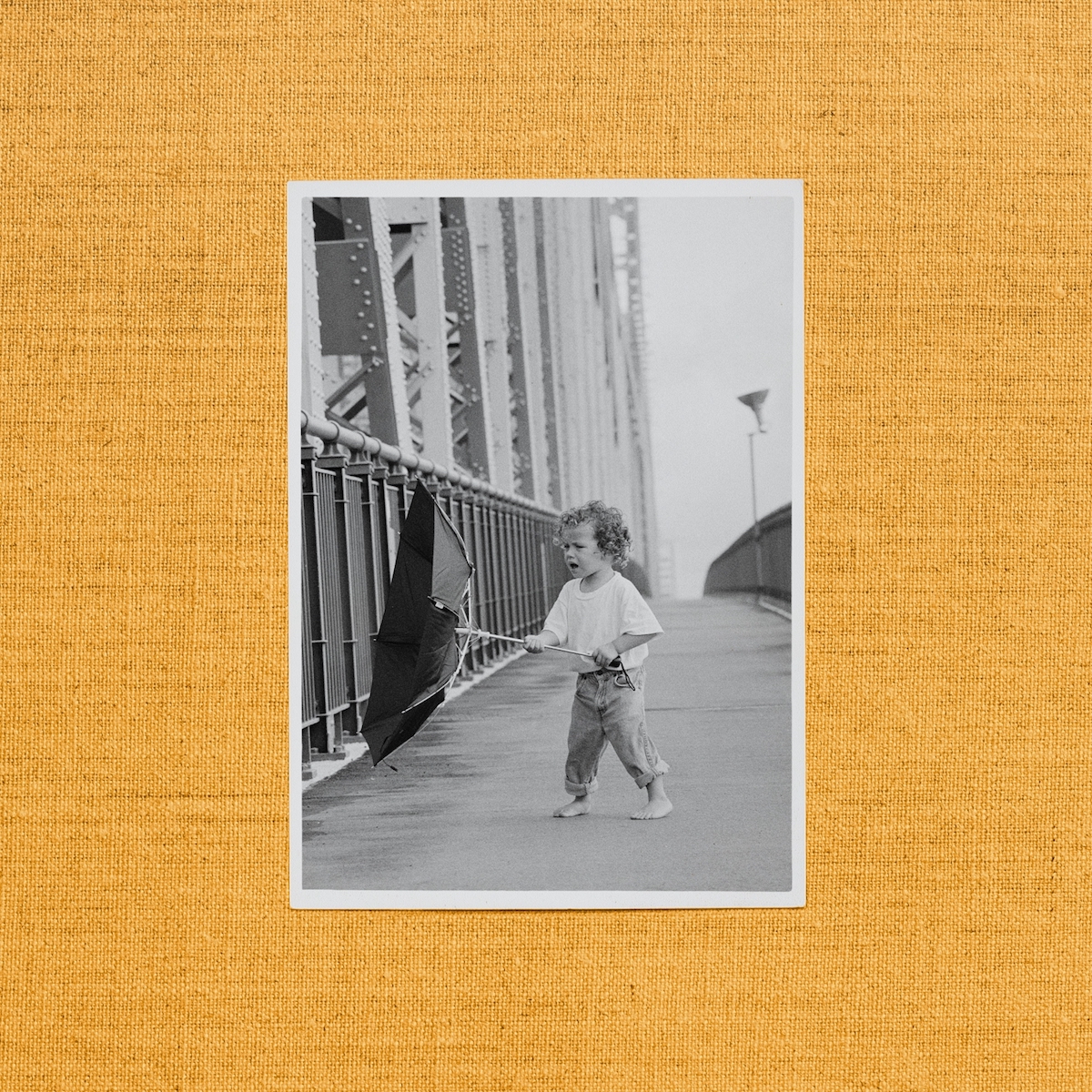Jordan Rakei Wallflower
A rising talent releases a seriously emotive collection of swirling, accomplished songs on Ninja Tune.

When it sprang into being in 1990, Ninja Tune was firmly rooted in eccentric funk, ranging from the jazzy breaks of DJ Food to the zoned-out trip-hop of Funki Porcini—but it’s cast its net ever wider as the years have passed, to the point where it’s now pointless to even try to describe a “Ninja Tune sound.” In just the past few months, the label has released albums that nod towards drifting, textural pop (Bonobo’s Migration), brightly hued synth-house (Bicep’s self-titled LP), parallel-universe techno (Actress’s AZD) and wintry ambience (James Heather’s Stories From Far Away On Piano), just to scratch the surface. Into that sonic stew comes the latest from musical polymath Jordan Rakai, an album that touches so many bases that it’s a bit dizzying.
Wallflower could roughly be described as a left-field soul album, but it’s woven from so many threads that such a broad portrayal hardly does it justice. The New Zealand–born, Australia-bred artist, 25, crams a kaleidoscopic array of influences—jazz, funk, hip-hop, Troubadour material, pop, R&Bm and much more—into the mix, with an elegant, eloquent melodic sense that provides the bed for introspective lyrics, often expressing feelings of yearning and uncertainty. Despite that, there’s an assuredness that runs throughout—the instrumentation, performed with skillful subtlety by Rakai and a coterie of players, is embedded with enough electronic touches give the work an added dimension without overwhelming the songs. Not bad for a guy who just a few years back was sitting in his bedroom, banging away on his MPC.
“Sorceress,” the record’s lead single, provides a good illustration of Wallflower’s sound. Opening with windswept guitar strums, Rakai’s layered, enigmatic vocals tell of a possibly internal battle against dark forces as lilting synths hover above, anchored by loose-limbed drumming that nearly unmoors from the groove at times. Some of the cuts hew close to established tradition: “Nerve” is a shimmering neo-soul cut with a loping rhythm, organ tremolo, soaring strings and harmonizing coos that gives the number a retro feel, while “Clues Blues” spices its slow-burn funk with a tight horn arrangement and spiraling, vibrating accents. Others are a bit more adventurous, a little more audacious. “Eye to Eye,” for instance, alternates between dreamy, wistful sections and lushly angular, almost prog-jazz passages; the backwards-recorded warbles (guitars, perhaps, or synths) that kick off “Chemical Coincidence” lend the track an added dimension, one that’s enhanced by Rakei’s exhortation to “separate from your soul…separate from your mind.”
It’s dense, emotive stuff—and the heaviest emotional weight, on pretty much every tune, is carried by Rakei, both through his lyrics and through his tonality. That’s certainly not a bad thing, as Rakei voice generally steers well clear of clichéd singer-songwriter–preciousness, despite the intimacy of those lyrics; his harmonies and jazz-tinged inflections mesh well with his music, which is sensuous and hugely evocative on its own. Wallflower is a confident, accomplished work, from a preternaturally talented artist who’s not afraid to take risks.
Tracklisting
01. Eye To Eye
02. May
03. Sorceress
04. Nerve
05. Goodbyes
06. Clues Blues
07. Chemical Coincidence
08. Carnation
09. Lucid
10. Hiding Place
11. Wallflower (feat. Kaya Thomas-Dyke)
Wallflower LP is scheduled for September 22 release.

